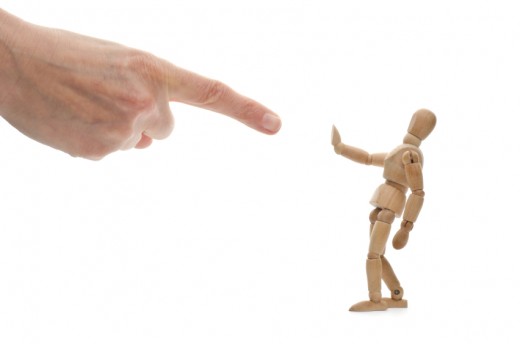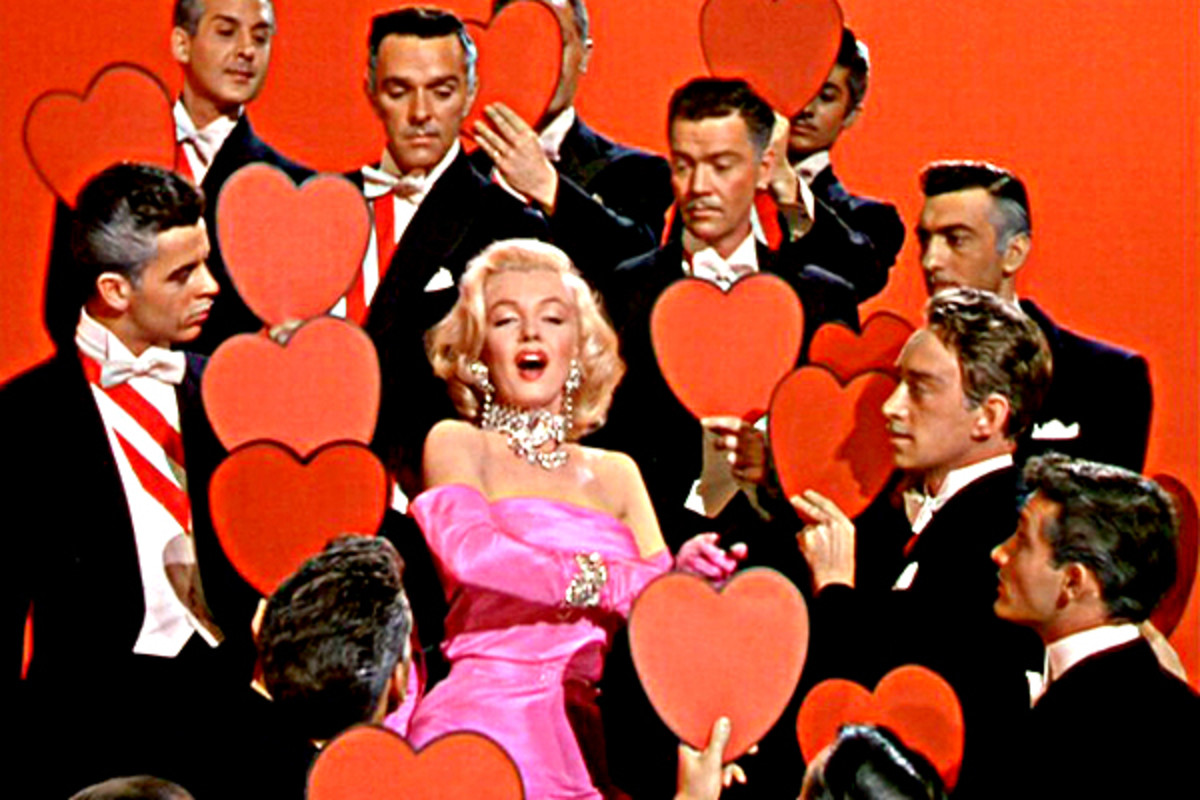- HubPages»
- Health»
- Mental Health»
- Emotions
4 Ways to Live Above Ridicule and Criticism

You don’t have to be taken aback by the craftiness of narcissists or the irrationality of fools. Whether you’re in the company of gentle, phlegmatic folks or mischievous, sanguine folks, you must see to it that your decision to remain rational despite surrounding negative influences isn’t affected. A tantrum doesn’t have to be the result of every act of ridicule targeted at you.
Your temper, reasonableness, sense of maturity, and composure all have to be intact irrespective of who’s trying to shame you. The truth is, learning how to deal with ridicule is one of the important people skills will have to master.
So far you’re on this earth; relationship with people will be inevitable. Learning the art of relating to people on different levels will really pay off. Expecting only good people to come your way is really a naïve expectation. Because the truth is, no one can be trusted with sanity

4 Ways to Retain Your Sanity in the Midst of Insanity
1. Seal your expectation: Where you focus your expectation will determine how you react to ridicule. Your focus determines your feeling. How you feel determines how you react to a situation. Hence, you need to make sure your expectation is protective—instead of it rendering you vulnerable to everything that happens.
If you’re in this world, chances are, you’ll get at least 40 opportunities to get mad in a week. It’s everywhere; no place is free from selfish people. And their selfishness makes them do things to hurt others without any feeling of compunction.
Even the gentlest folks, when they reach a threshold, will get mad and begin to say things that they’re not known for. No one is perfect because we all have the tendency to do ugly things out of selfishness, and selfishness is human nature. Hence, when someone begins to criticize or ridicule you, you can as well act like you always knew such was going to happen—instead of behaving like it’s a big strange occurrence.
The greatest protection is expectation. Expectation gives you a backdrop of succor that will even make you like the person taunting you, instead of hating him.
2. Look beyond yourself: You see, if you really understood people, you’ll love the worst of them. If you really got to see that no one really knows what they’re doing, they’re just acting based on their immediate thoughts, and moved by their emotions to act in certain ways.
When all you’re able to see is yourself—as being ‘whipped’ in ridicule by this obnoxious fellow, you’ll inevitably react in rage. Never forget that anytime you’re being ridiculed or wrongfully criticized, the problem isn’t you necessarily, but the person venting the stupidity.
People who do bad, hurtful stuffs are usually folks who feel weak, inferior, lost, hated or disadvantaged in some ways. If you join them in thinking like that, you’ll ultimately end up acting like them. Never think you’re disadvantaged because you’re the object of ridicule; you have to look beyond yourself.
Statistics have shown that a higher percentage of criminals come from broken homes. Also, most female Porn actors never had an adequate parental care; they also came from broken homes. Bullies suffer from low self-esteem. Frankly, everyone who hurts others in some way or do some dump things is usually nursing a wound that no one knows about.
If you’ll look beyond your self-centered, myopic lens that sees them as hateful. And see the broader realistic view—the fragility behind the made-up smug façade of the person. If you’ll take your eyes off yourself and see this subtle fact: the person is wounded or disadvantaged in some ways, and is just acting up. When you do this, instead of getting mad, you’ll be able to say like Jesus, “Father, forgive them, for they know not what they’re doing.” Your anger will be palliated a great deal when your focus is adjusted from yourself to them.
3. Have belief in your self-esteem: If you’re going to get hurt, and react to every little thing that people do to you; if you’re going to be less sensitive to every criticism or ridicule that people try to throw at you—the firmness of your self-belief will decide.
When you are not confident in your own self-worth, you’ll try to seek it from people, and when people don’t make you feel important, you get cranky. When you don’t have a firm belief in your own self-esteem, you’ll misinterpret and exaggerate every little thing people do to you. You need to be strong and ready for anything coming at you, knowing fully well that everyone in this world is intrinsically selfish.
Conventional thinking has it that strong people fight over every little thing that’s done to hurt their reputation, but that’s really ludicrous. It’s a sign that people believe reputation is more important that characour protant le believe your reptuation ter. It’s easy to know it when you see someone with a base, petty character: they try to compensate for their poor self-esteem by trying to pull people down.
However, when you know for yourself that you’re important, irrespective of how people see or interpret you, you wouldn’t get mad at every little thing they say or do to you because, after all,, you’re decided over your self-image, hence, it doesn’t matter what people think of you. This will make you strong in character and stable in rationality.
4. See beyond the obvious: It’s obvious that between the censurer and the censured, the censured is the one that seems to be victimized. The one receiving those harsh words is likely to be seen as the less respectable or pettier counterpart of the two. But that’s wrong.
As previously hinted, it’s petty people that try to compensate for their poor self-image by trying to pull people down. When one is being pulled down—when their reputation is being stained by some petty fellow—it’s a subtle way of admitting his (the one being ridiculed) superiority, as opposed to the wrong general opinion that it’s his inferiority that’s being accentuated.
When you understand this, it becomes easier to feel for the offender. When your character is more important than your reputation—how people see you—it becomes more difficult for you to get mad at every little thing people try to do to stain your reputation.
© 2017 Matthew Joseph









